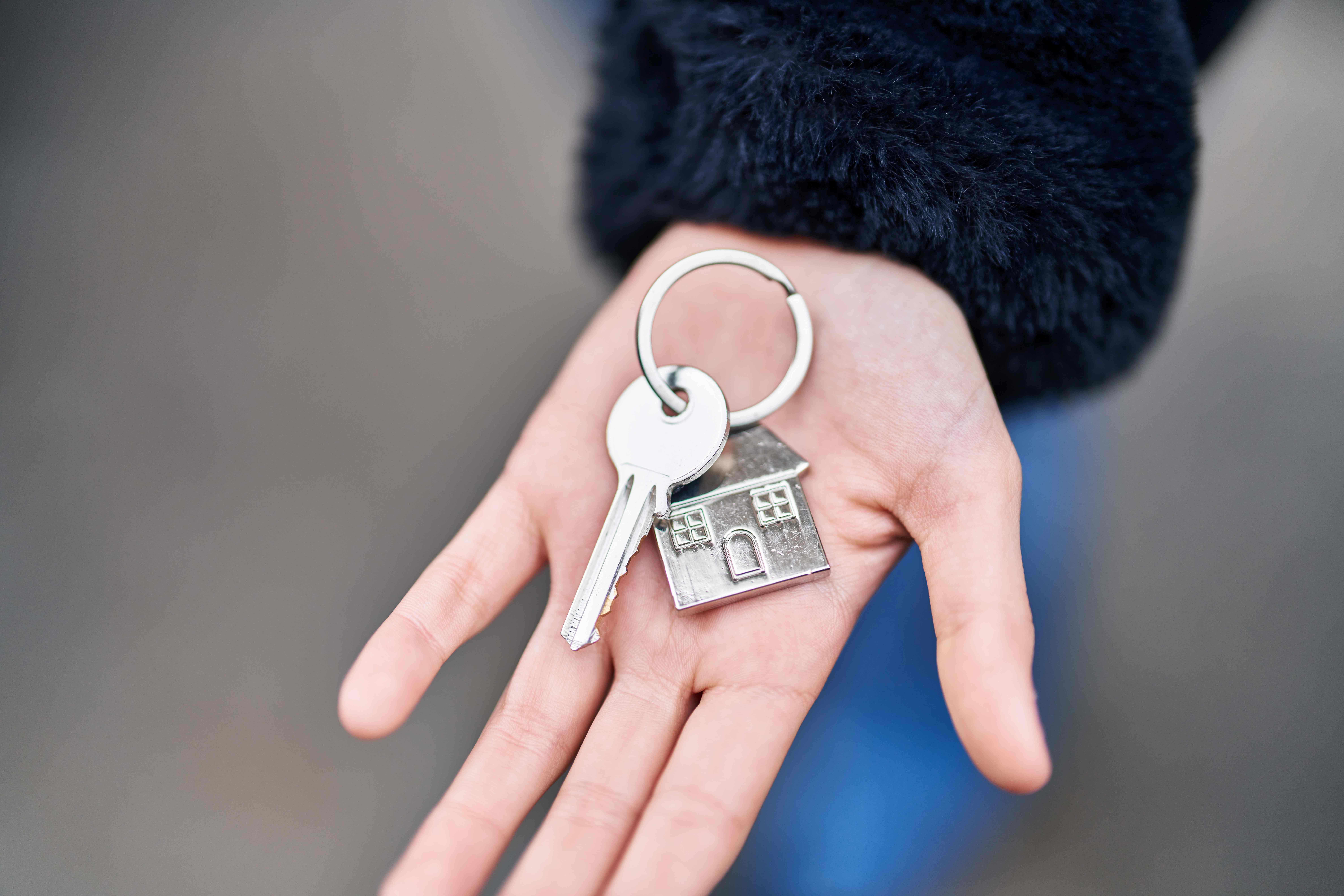Figuring out whether VAT applies to rent in the UK can feel like navigating a maze. One wrong turn and landlords or tenants could end up facing unexpected bills or missing out on valuable VAT recovery. The rules aren’t one-size-fits-all: they shift depending on the type of property, who’s renting it, and whether the landlord has opted to tax.
Don’t worry, though! This guide cuts through the confusion, walking you step by step through VAT on both residential and commercial properties so you can stay compliant and avoid any surprises.
VAT on residential property rent
In the UK, residential property rentals are generally exempt from VAT. This includes houses, flats, and other dwellings rented for people to live in. Here’s what that means:
- Exempt status: Residential property rentals are exempt, so landlords do not charge VAT on rent.
- No VAT recovery: Landlords cannot reclaim VAT on costs related to exempt residential property, such as maintenance or refurbishments.
- Tenant implications: Tenants pay the agreed rent without VAT.
Exceptions to the rule
Some arrangements can trigger VAT even for residential properties:
- Serviced accommodation – If a landlord provides additional services beyond simple accommodation, VAT may apply. Examples include:
- Regular cleaning
- Catering
- Reception or concierge services
- Linen changes
- These services are treated as taxable supplies, so VAT at 20% may be added to the rent.
- Short-term holiday lets – Temporary lets for holiday purposes are generally treated differently than long-term residential leases. Short-term furnished lets often attract VAT if the landlord is VAT-registered and the services provided exceed standard accommodation.
For example: A landlord rents a flat long-term to a family. No VAT is charged. The same landlord rents a serviced apartment to tourists, providing daily cleaning and breakfast; a VAT bill is likely applicable.
{{st-expense-guide}}
VAT on commercial property rent
VAT treatment for commercial property is more complex. Whether VAT applies depends on the property type, tenant, and the landlord’s VAT status.
1. Exempt commercial rent
Most commercial property rent is exempt from VAT, including:
- Offices
- Retail spaces
- Warehouses and industrial units
Implications:
- Landlords cannot charge VAT on the rent.
- VAT incurred on related expenses (e.g., refurbishment, maintenance) cannot be reclaimed.
2. Opting to tax
Landlords can choose to “opt to tax” their commercial property, making rent subject to VAT at 20%. This is a common strategy when the landlord:
- Pays significant VAT on property expenses and wants to reclaim it
- Rents to VAT-registered businesses, who can reclaim VAT themselves
How it works:
- Once a property is opted to tax, VAT is charged on rent and any other taxable supplies (e.g., service charges).
- The option generally lasts indefinitely unless revoked with HMRC approval.
For example: A landlord rents an office building to a VAT-registered tech company. By opting to tax, the landlord charges VAT on rent, allowing them to reclaim VAT on refurbishment costs. The tenant can reclaim the VAT, so the net cost to them is unchanged.
3. Mixed-use properties
Properties that are used for both residential and commercial purposes require careful consideration:
- VAT is only charged on the commercial portion.
- Landlords must accurately apportion rent and VAT if the building serves multiple purposes.
4. Short-term and serviced lets
Commercial properties offering substantial services, such as serviced offices, hotels, or conference facilities, are usually standard-rated for VAT. This includes:
- Daily cleaning, catering, or administrative services
- Access to shared facilities (conference rooms, kitchens, Wi-Fi)
Even if the property is technically commercial, adding these services changes the VAT treatment. Landlords charging VAT on these services must include it on their VAT return, ensuring HMRC receives the correct amount and that any reclaimable VAT can be properly offset.
{{crunch-free}}
Practical considerations for landlords
- Review leases carefully: Ensure your rental agreements clearly state whether VAT is included or excluded.
- Understand opting to tax: This decision affects both your VAT recovery and the tenant’s costs.
- Keep records: VAT exemptions, supplies, and services must be documented for HMRC compliance.
- Consult a professional: VAT rules are complex and mistakes can be costly. An accountant can advise on exemptions, opting to tax, and mixed-use scenarios.
Practical considerations for tenants
- Check VAT status: Ask your landlord whether rent is subject to VAT.
- VAT recovery: If you’re VAT-registered, you may reclaim VAT on commercial rent that’s charged at 20%.
- Understand service charges: Additional services may attract VAT even if the base rent does not.
Is there VAT on rent in the UK?
VAT on rent in the UK depends heavily on the type of property, the services provided, and the landlord’s VAT status. Residential rent is usually exempt, while commercial rent can be exempt or standard-rated depending on whether the landlord opts to tax.
For landlords, understanding VAT rules helps optimise tax recovery. For tenants, knowing when VAT is charged ensures transparency and avoids unexpected costs. At Crunch, our team of qualified accountants can help both landlords and tenants navigate these VAT complexities, ensuring compliance and maximising tax efficiency.

.svg)



.webp)







.avif)







